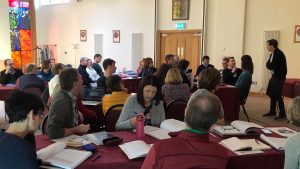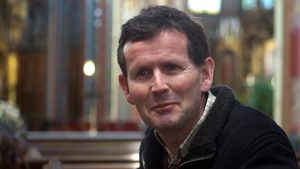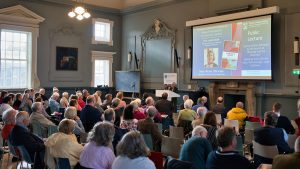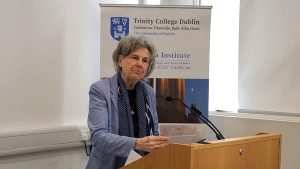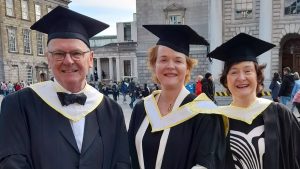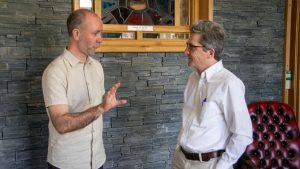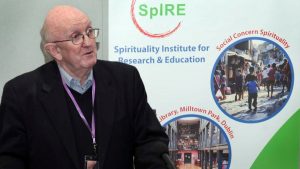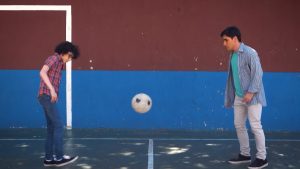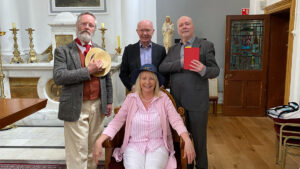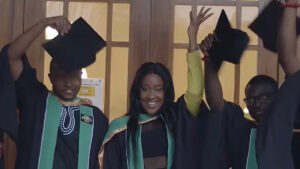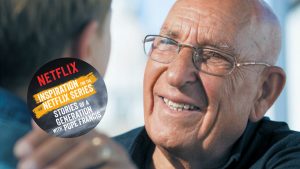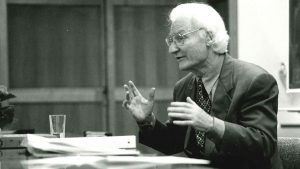Learning by ‘refraction’
Fr Johnny Go SJ, a Jesuit educationalist from the Philippines, was in Ireland recently to give a three-day workshop to the teachers and staff of Jesuit schools both from the Province and from abroad. The event was organised by the Education office in the Irish Jesuit Curia.
The workshop involved exploring practical ways to respond to the changing landscape of the 21st century digital age, and the challenges this new era poses for educators.
Fr Johnny is the co-author of a detailed handbook, Learning by refraction: A practitioner’s guide to 21st century Ignatian pedagogy, (Johnny Go and Rita A. Atienza), and this handbook forms the basis of his workshops.
In this interview with Pat Coyle of Irish Jesuit Communications, he outlines the bones of his workshop in Mt St Anne’s, Killenard, unpacking the five principles of an Ignatian approach to education. These involve the care of the student as an individual, attention to the student’s experience, the importance of reflection by the student on that experience before putting what is learned in reflection into action and an evaluation by the teacher of the whole process for future learning.
He then cites the challenges posed to his Ignatian pedagogy in the 21st-century focusing primarily on the digital revolution that has produced the world wide web and social media. Whilst welcoming many of these transformative developments he also sounds a strong warning note citing a Facebook study that sought to find out what percentage of people would actually share an article they had hardly read. The answer was a staggering 70%.
Fr Johnny says the real casualty of the information culture is critical or in-depth thinking. People are “allergic to complexity and nuance,” he says, quoting a former New York University president. So the challenge for teachers, parents, and educationalists is to help students become counter-cultural, learning to spend time assessing and evaluating the information they access so readily. Students need to be given a safe-space, he says, where they can come out of their comfort zones and start forming their own opinions based on good information, solid reflection and an acceptance of the complexity of life.
How to do this along with teaching an exam-oriented curriculum, top-heavy with content, that rewards memory and not mature, discernment and reflection? Fr Johnny, a teacher himself, acknowledges the difficulties but says it can be done. He explains how he used social media to engage with one of his classes of over 170 students by encouraging them to interact with him through Twitter. He asked them to tweet even during class to show how they were processing for themselves the material he was sharing with them rather than regurgitating it wholesale.
Teachers have to be encouraged to resist the temptation of the lecture mode where teaching is telling, he says. Learning by ‘refraction’ is, he believes, a model of Ignatian wisdom for teaching in today’s world.
The ‘refraction’ image he uses works on a number of levels. He outlines them to Pat Coyle in his interview, noting that the word can serve as a composite of two key Ignatian teaching principles: reflection and action. Whilst learning by refraction embodies the key elements of a Jesuit education, he agrees that learning by refraction can serve educators and their students well in any setting.
Listen to the full interview above.




